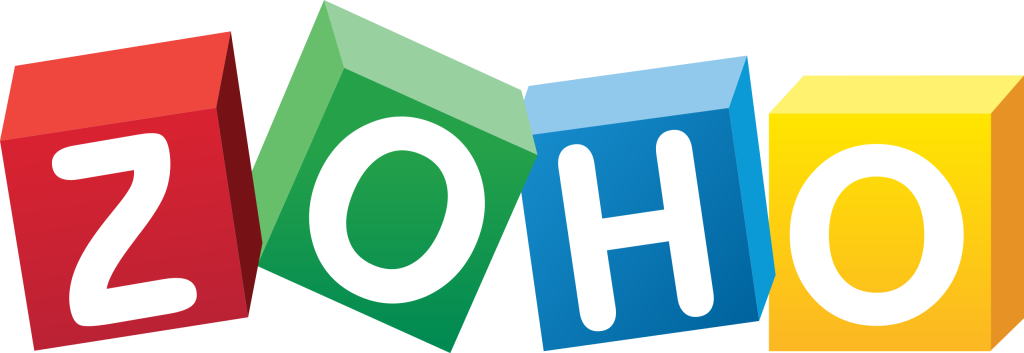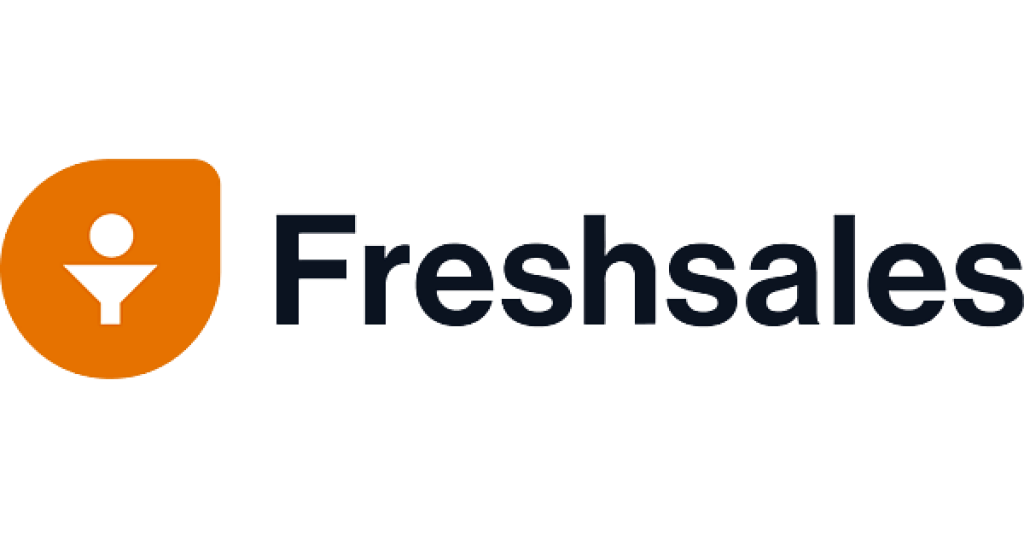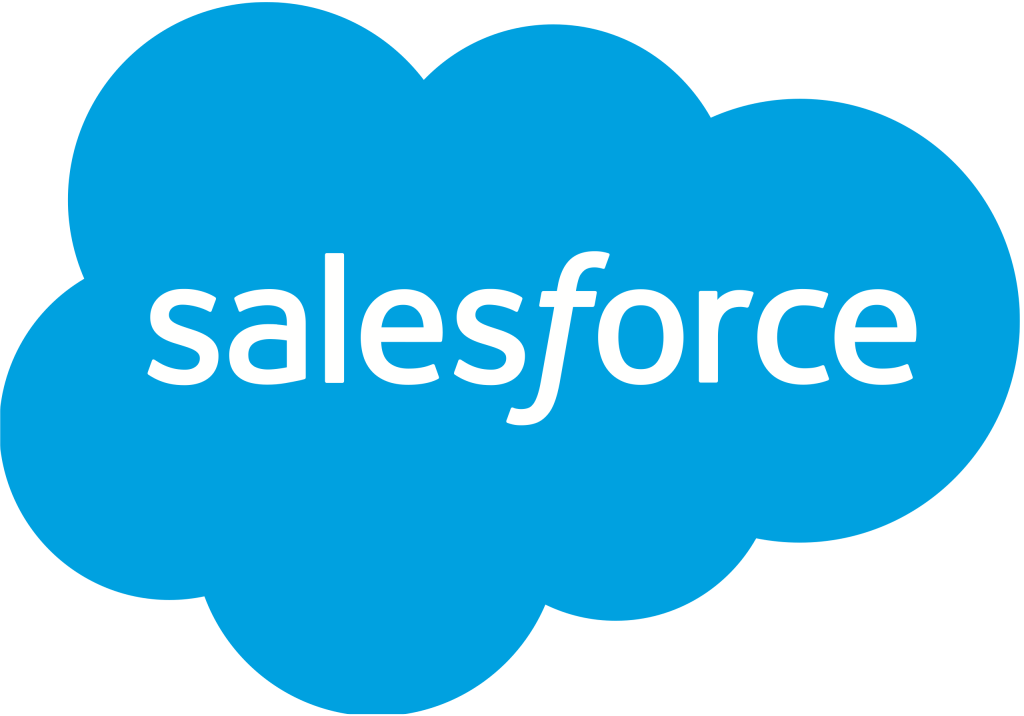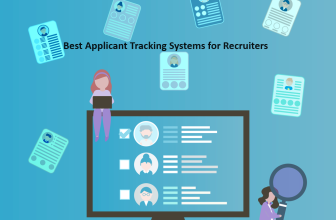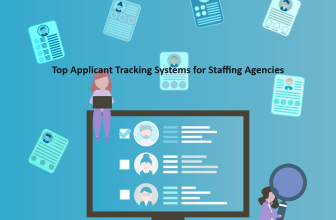In the fast-paced digital marketplace, CRM platforms offer a plethora of functionalities that cater to various marketing needs, including managing email campaigns, segmenting audiences, and personalizing content. The ability to fine-tune email strategies through data analysis and automated workflows allows businesses to engage with their customers more effectively, fostering stronger relationships and driving sales.
The right CRM for email marketing is not a one-size-fits-all solution; it must align with a company’s specific goals and integrate seamlessly with existing operations. Email marketing, an integral component of CRM, relies on segmentation and personalization to deliver targeted messages that resonate with different audience segments. Automation tools within CRMs enable marketers to create, execute, and track email campaigns efficiently, ensuring timely communication and consistent follow-ups with potential and existing customers.
What we cover
What Are the Benefits of Using CRM Software for Email Marketing
CRM software for email marketing streamlines the customer journey, providing a centralized database that allows email marketing tools and automations to function in harmony. Below are key benefits of integrating CRM software into your email marketing efforts:
- Enhanced Customer Relationships: By centralizing customer data, CRM enables businesses to build and maintain strong connections with customers. This personalized approach can lead to increased customer satisfaction and loyalty.
- Increased Revenue: Effective CRM email marketing strategies can lead to a higher return on investment (ROI). By leveraging customer data, businesses can create targeted campaigns that result in better conversion rates and, consequently, more sales.
- Improved Productivity: Automations offered by CRM systems reduce manual efforts in campaign management. Tasks such as segmenting lists, sending follow-up emails, or triggering specific communications based on customer actions can be automated to save time, allowing the sales and marketing teams to focus on more strategic activities.
- Advanced Email Marketing Capabilities: CRM software often includes advanced email automation tools that allow businesses to send personalized communications based on customer behavior, preferences, and previous interactions, thus enhancing the effectiveness of email marketing campaigns.
- Streamlined Sales Automation: Integrating CRM with email marketing can also enhance sales automation. CRM software can trigger actions within the sales process, like notifying a sales rep when a prospect opens an email, which can then be followed by timely and appropriate sales activities.
General Pricing of CRM Software for Email Marketing
The pricing of CRM software for email marketing can vary widely depending on the features, scalability, and the level of customization required. Here’s a general overview of how pricing for CRM and email marketing software is structured, along with some considerations:
Subscription-Based Pricing
Most CRM and email marketing platforms operate on a subscription-based model, with monthly or annual billing cycles. The cost can range from free versions with basic features to thousands of dollars per month for enterprise-level solutions. Here are some typical pricing tiers:
- Free or Low-Cost Tiers: Many platforms offer free versions or low-cost options (ranging from $10 to $50 per month) for small businesses or startups with basic needs. These versions typically have limitations on the number of contacts or emails sent per month.
- Mid-Range Plans: For small to medium-sized businesses (SMBs) with more sophisticated needs, prices can range from $50 to $250 per month. These plans often include advanced automation features, integrations, and support for a larger number of contacts.
- Enterprise Plans: Large businesses or those requiring extensive customization and support might pay anywhere from $300 to several thousand dollars per month. Enterprise plans include all features, higher or unlimited quotas for contacts and emails, and often come with dedicated support and account management.
Pay-As-You-Go or Usage-Based Pricing
Some platforms may offer pay-as-you-go pricing, where you pay based on the volume of emails sent or the number of contacts in your database. This can be a cost-effective option for businesses with fluctuating email marketing needs.
Add-Ons and Extras
Be aware that some features may be priced as add-ons, such as advanced analytics, additional integrations, or premium support services. These can add significantly to the total cost.
Factors Influencing Pricing
- Number of Users: The cost may increase with the number of user accounts needed.
- Contact Limits: Pricing often depends on the size of your contact list, with higher costs for larger lists.
- Feature Set: Advanced features like lead scoring, predictive analytics, or AI capabilities can also influence pricing.
- Integrations: The ability to integrate with other tools and platforms (e.g., e-commerce platforms, social media, ERP systems) can affect the price.
- Customization and Support: Custom development, one-on-one training, and premium support services can increase costs.
Negotiating Enterprise Agreements
For larger organizations, it’s common to negotiate pricing based on specific needs and commitments. Enterprise agreements can offer better pricing flexibility and tailored packages.
Features to Look for in CRM Software for Email Marketing
When selecting a CRM software for email marketing, organizations should prioritize a suite of powerful features that streamline their marketing efforts and enhance customer engagement.
- Customizable Email Templates and Landing Pages: A CRM should offer an array of customizable templates for emails and landing pages to ensure brand consistency and high-quality content delivery. Additionally, allowing for easy-to-use design tools enables teams to quickly create and modify layouts to suit different campaigns and audiences.
- Advanced Contact Management: Effective contact management is vital for targeted marketing. Look for CRMs that offer detailed customer profiles, segmentation tools, and the ability to track interactions, such as opens, clicks, and conversions. This enables marketers to personalize communication and tailor campaigns to specific customer needs.
- Automation and Email Sequences: Automation capabilities are a cornerstone of efficient email marketing. They should support triggers, scheduling, and the construction of email sequences to respond timely to customer actions. This function ensures that campaigns run smoothly and relevant messages are sent during key points of the customer journey.
- Integrations and A/B Testing: The best CRMs integrate seamlessly with various third-party applications ranging from e-commerce platforms to social media channels. Moreover, they should offer A/B testing features to experiment with different campaign elements and ascertain the most effective strategies. These integrations and testing tools are instrumental in creating a cohesive marketing ecosystem.
- Analytics and Reporting: To make informed decisions, marketers require robust analytics and reporting tools. These should track key performance indicators (KPIs) like click-through rates, conversion rates, and lead progression through sales pipelines. Access to real-time data allows for quick adjustments and optimization of marketing strategies.
Top Recommendations

monday.com is a collaborative operating system that simplifies task management, project tracking, and team communication.
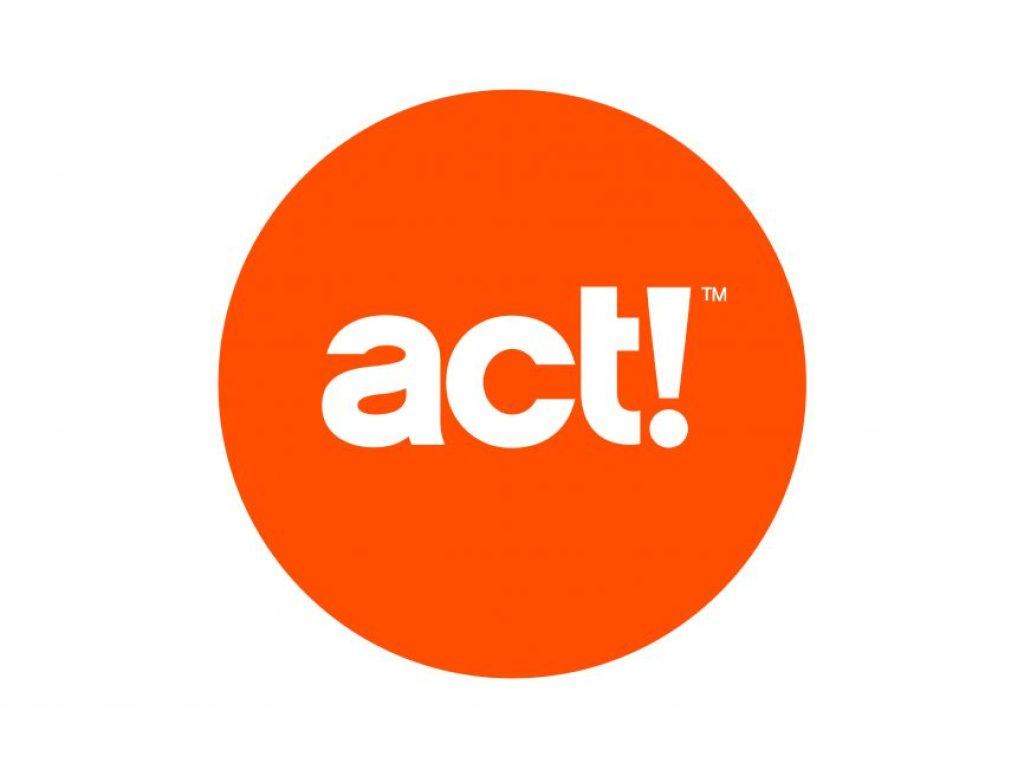
Act! is a popular CRM software designed to help small & medium-sized businesses manage contacts and marketing efforts effectively.
Best CRM Software for Email Marketing
Selecting the right CRM software for email marketing enables organizations to streamline customer interactions, automate campaigns, and segment contacts to deliver personalized experiences.
Best CRM Software for Email Marketing (At a Glance)
| Software | Focus Area | Key Features | Best For |
|---|---|---|---|
| Drip | E-commerce CRM and Email Marketing | Personalized customer journeys, multi-channel marketing | E-commerce businesses seeking to personalize marketing |
| GetResponse | Email Marketing and Automation | Email automation, landing pages, webinars | Businesses looking for an integrated email marketing and webinar platform |
| Freshsales | CRM with Email Marketing for Sales Teams | AI-powered insights, email campaigns, deal management | Sales teams needing CRM with advanced email marketing tools |
| Pipedrive | Sales CRM with Email Integration | Sales pipeline visualization, email tracking | Sales-focused businesses looking for email integration |
| Marketo | Advanced Marketing Automation and CRM | Lead management, email marketing, revenue attribution | B2B marketers needing comprehensive automation and CRM |
| Keap | Small Business CRM and Marketing Automation | Contact management, sales automation, payment processing | Small businesses seeking easy-to-use CRM and marketing automation |
| Brevo | Email Marketing, SMS, and CRM | Campaign automation, transactional emails, segmentation | SMBs looking for affordable email marketing and CRM solutions |
| Campaign Monitor | Email Marketing with Basic CRM Features | Responsive email designs, analytics, automation | Marketers focusing on email design and engagement metrics |
| Constant Contact | Email Marketing Services for Small Businesses | Contact management, email templates, tracking | Small businesses needing straightforward email marketing services |
| Mailchimp | Email Marketing Platform with CRM Features | Audience segmentation, automation, analytics | Businesses seeking simple CRM features with powerful email marketing |
| ActiveCampaign | CRM, Email Marketing, and Automation | Sales and marketing automation, contact scoring | SMBs wanting advanced automation with CRM capabilities |
| Zoho CRM | Comprehensive CRM with Email Marketing | Multichannel marketing, sales automation, analytics | Businesses seeking a comprehensive CRM with strong email marketing |
| Salesforce Sales Cloud | CRM and Advanced Email Marketing Integration | Customer journeys, email personalization, analytics | Enterprises needing sophisticated CRM and email marketing integration |
| HubSpot CRM | All-in-One CRM and Email Marketing Platform | Lead generation, marketing automation, analytics | SMBs looking for an all-in-one CRM and marketing platform |
1. Drip
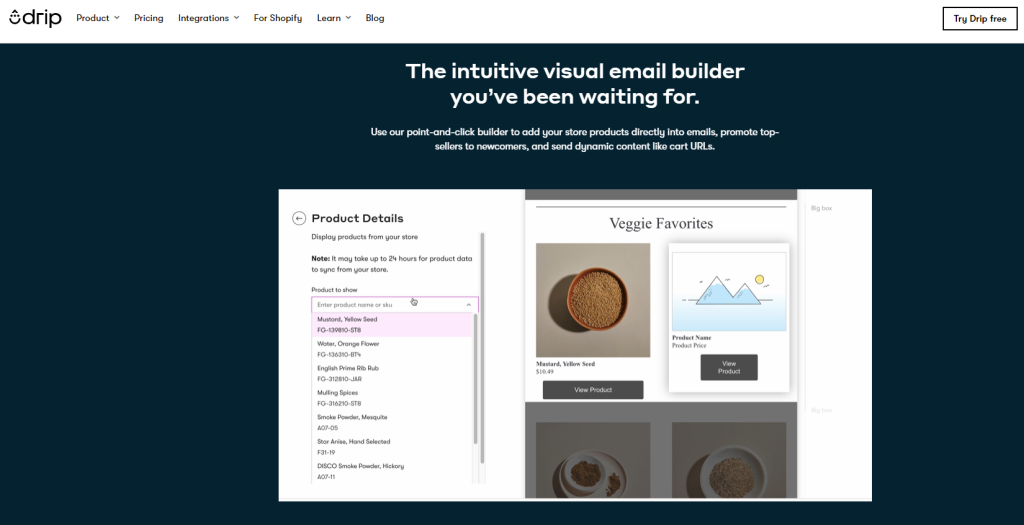
Key Features:
- Advanced segmentation capabilities
- Visual workflow builder for marketing automation
- In-depth analytics and reporting
Rating: 4.5/5
Pros:
- Integration with many e-commerce platforms
- Robust email marketing campaigns
- User-friendly interface
Cons:
- Limited customization options
- May be costly for smaller businesses
- Steeper learning curve for advanced features
Pricing: Starts at $49/month for up to 2,500 contacts
Drip is a powerful e-commerce CRM and email marketing platform designed specifically for digital marketers, e-commerce companies, and online entrepreneurs.
It excels in creating personalized customer journeys through automated email campaigns and multi-channel marketing strategies, including SMS and social platforms.
Drip’s standout feature is its deep integration with e-commerce platforms like Shopify, WooCommerce, and Magento, enabling businesses to leverage customer data for targeted marketing efforts. Its ability to track customer interactions and purchase behavior allows for highly customized communications, making it an invaluable tool for increasing engagement and conversion rates.
The visual workflow builder simplifies the creation of complex automation sequences, making it accessible even to those without technical expertise.
Verdict: Drip’s focus on e-commerce and user-friendly interface, combined with robust analytics, positions it as a top choice for businesses looking to drive growth through personalized marketing.
2. GetResponse
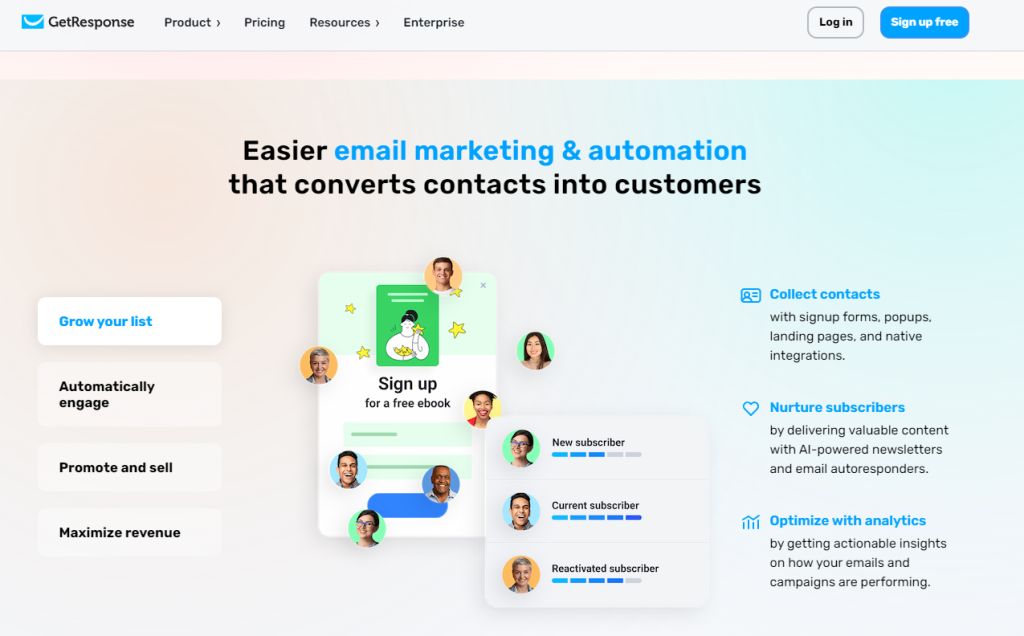
Key Features:
- Email marketing and automation tools
- Integrated landing pages and webinars
- Predictive lead scoring
Rating: 4/5
Pros:
- Comprehensive contact management
- Intuitive email creator with templates
- Strong A/B testing capabilities
Cons:
- Does not offer CRM features natively
- Limitations on cheaper plans
- Some integrations can be complex
Pricing: Starts at $15/month for 1,000 contacts
GetResponse is an all-in-one email marketing platform that offers a comprehensive suite of tools, including email automation, landing pages, webinars, and CRM functionalities. It’s designed to cater to small and medium-sized businesses looking to engage their audiences effectively and convert leads into customers.
GetResponse stands out for its intuitive design and ease of use, allowing marketers to create highly engaging emails and automate entire customer journeys.
The platform’s webinar capabilities integrate seamlessly with its email marketing tools, providing a unique opportunity for businesses to extend their reach and engagement through live online events. With advanced segmentation and analytics, GetResponse enables marketers to tailor their messaging and track the success of their campaigns in real-time.
Verdict: GetResponse’s affordability and scalability make it an excellent option for businesses looking to expand their email marketing efforts without compromising on features.
3. Freshsales
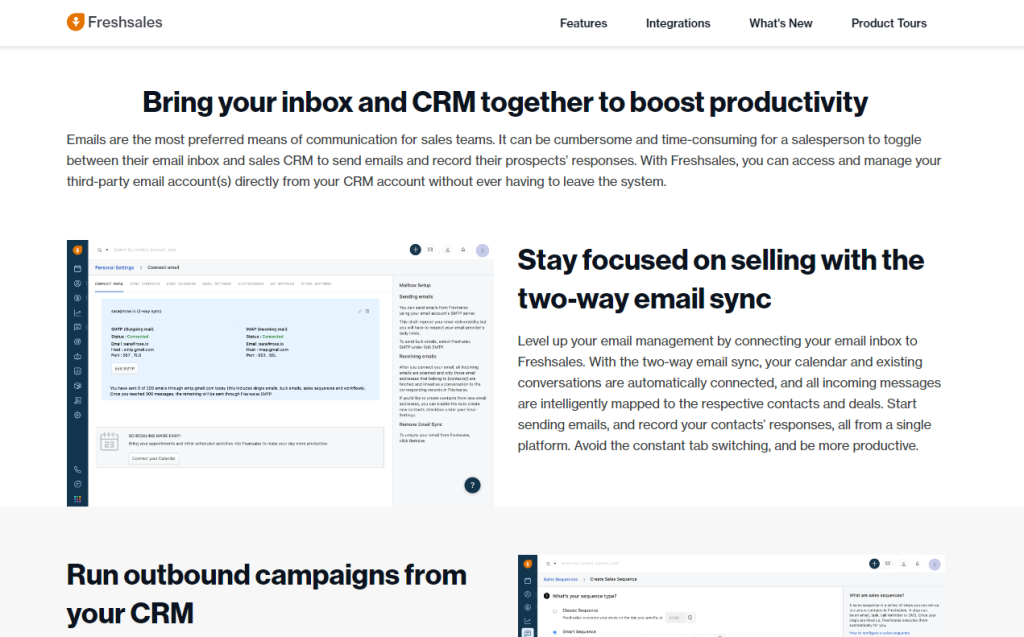
Key Features:
- Built-in phone and email with activity tracking
- AI-based lead scoring
- Visual sales pipeline management
Rating: 4.2/5
Pros:
- Intuitive user interface
- Comprehensive integration options
- Flexible pricing tiers
Cons:
- Learning curve for advanced features
- Bulk emails are limited in lower-tier plans
- Predominantly sales-focused with lighter marketing features
Pricing: Free tier available; paid plans start at $15/user/month billed annually
Freshsales, part of the Freshworks suite of products, is a CRM solution with built-in email marketing capabilities tailored for sales teams.
It provides AI-powered insights, email campaigns, and deal management tools in one platform, helping sales professionals to automate their workflows and personalize interactions with prospects.
Freshsales’ standout features include lead scoring, visual sales pipelines, and advanced analytics, which empower sales teams to prioritize leads effectively and close deals faster. The platform’s ease of use and intuitive interface ensure that teams can onboard quickly without a steep learning curve.
Freshsales integrates with a wide range of third-party applications, enhancing its functionality and making it a versatile tool for businesses of all sizes. Its focus on sales automation and customer engagement makes it a strong contender for companies looking to streamline their sales processes and improve their email marketing strategies.
Verdict: Freshsales is especially suitable for sales teams looking for CRM with an integrated email marketing platform.
4. Pipedrive
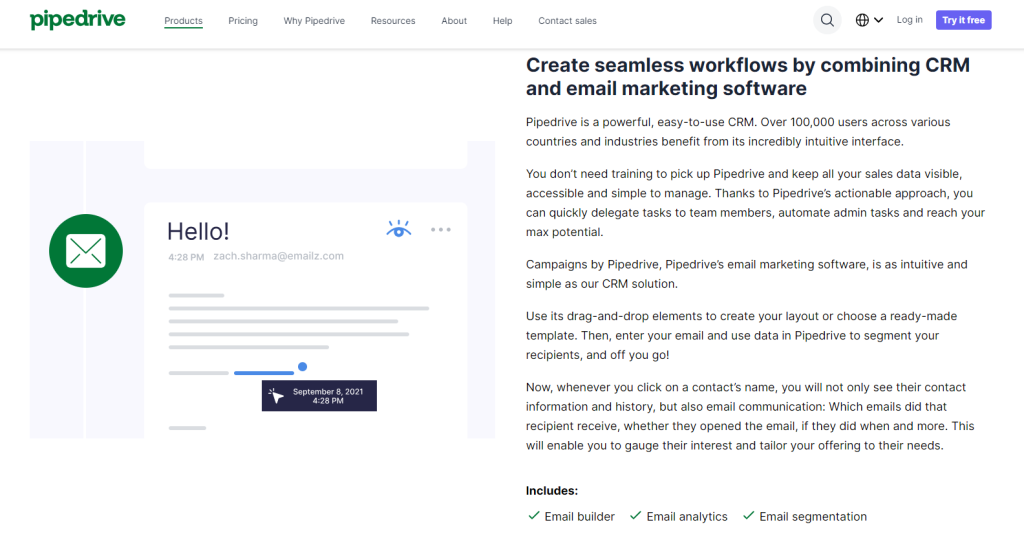
Key Features:
- Customizable deal pipeline
- Easy-to-use interface
- Automation of repetitive tasks
Rating: 4.1/5
Pros:
- Strong lead management tools
- Easy to customize for different sales processes
- Good mobile app for on-the-go access
Cons:
- Limited native marketing tools
- Additional costs for add-ons
- Reporting could be more in-depth
Pricing: Starts at $12.50/user/month billed annually
Pipedrive is a sales-focused CRM designed to help small to medium-sized businesses manage their sales processes and pipeline more effectively. It distinguishes itself with a user-friendly interface and a strong emphasis on visual sales pipelines, making it easy for sales teams to track deals from initial contact to close.
Pipedrive’s email integration allows users to send and track emails directly within the platform, providing full visibility into customer interactions and enabling timely follow-ups.
The platform also offers automation tools to streamline repetitive tasks, along with customizable reports and dashboards to monitor sales performance.
Verdict: Pipedrive’s commitment to simplicity and efficiency, combined with its affordable pricing, makes it an attractive choice for sales teams looking for a straightforward yet powerful CRM solution.
5. Marketo
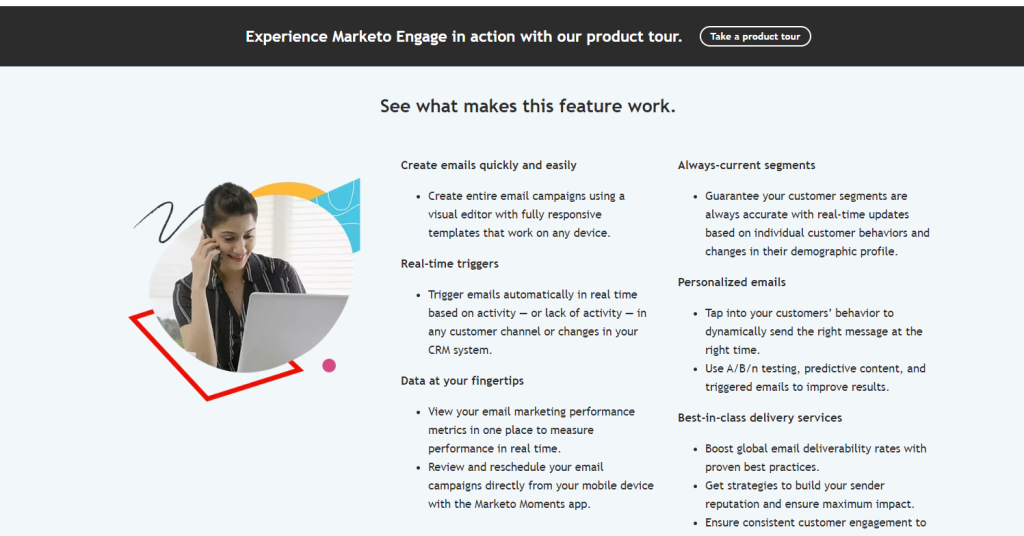
Key Features:
- Extensive marketing automation capabilities
- Advanced lead nurturing and scoring
- Multi-channel campaign management
Rating: 4.3/5
Pros:
- Comprehensive feature set for marketing professionals
- Native integrations with Salesforce and other platforms
- Scalable for large businesses and enterprises
Cons:
- Pricey for small businesses
- Can be complex to set up and use
- Customization requires technical expertise
Pricing: Custom pricing based on specific needs
Marketo, now part of Adobe, is a leading marketing automation platform known for its advanced capabilities in lead management, email marketing, and revenue attribution.
It’s designed for medium to large B2B marketers who require a comprehensive suite of tools to drive demand, engage leads, and measure marketing impact across multiple channels.
Marketo stands out for its deep analytics, sophisticated campaign management features, and scalability, making it suitable for complex marketing operations and large-scale campaigns.
Its ability to integrate with various CRM systems, including Salesforce and Microsoft Dynamics, allows for seamless synchronization between marketing and sales teams, ensuring alignment and efficiency.
Verdict: Marketo’s emphasis on analytics and attribution helps marketers optimize their campaigns and demonstrate ROI, positioning it as a top choice for businesses looking to invest in a robust marketing automation solution.
6. Keap
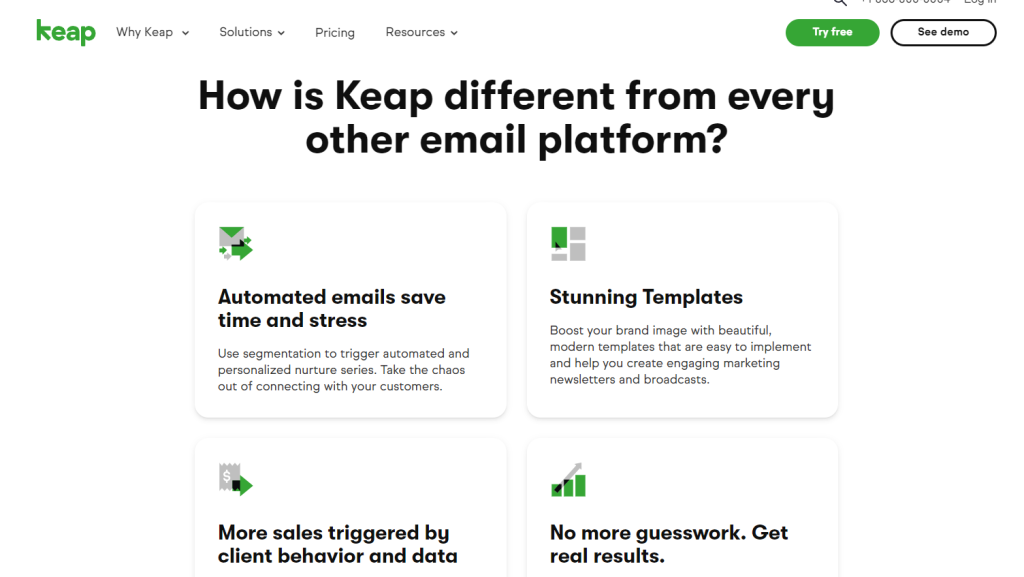
Key Features:
- CRM functionalities with strong automation
- E-commerce tools
- Campaign builder with drag-and-drop functionality
Rating: 4/5
Pros:
- Robust automation for follow-ups and campaigns
- Good for small businesses with e-commerce needs
- All-in-one sales and marketing platform
Cons:
- Price is higher compared to some competitors
- Initial setup can be time-consuming
- Reporting capabilities might fall short for some users
Pricing: Starts at $79/month after a free trial
Keap is specifically designed for small businesses, offering a blend of CRM, email marketing, and sales automation functionalities in a single platform. It excels in automating marketing and sales processes, from capturing leads to closing sales and processing payments.
Keap’s campaign builder allows users to create detailed, automated workflows that can include personalized email campaigns, follow-ups, and task assignments, helping businesses nurture leads efficiently and effectively.
The platform also offers e-commerce tools, including online storefronts, payment processing, and inventory management, making it a versatile tool for small businesses looking to manage both their sales and online operations.
Keap’s focus on small business needs, combined with its comprehensive feature set and customization options, makes it a powerful tool for businesses aiming to automate their marketing and sales processes without overwhelming complexity.
Verdict: Keap is a solid solution for small to medium-sized businesses seeking an integrated sales and marketing tool with strong automation features.
7. Brevo
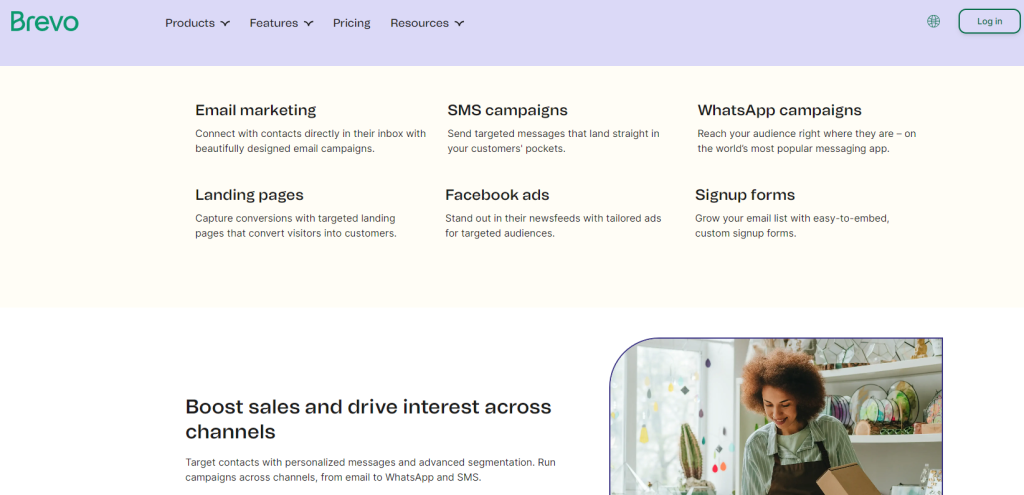
Key Features:
- Email campaigns, SMS marketing, and chat
- Automation workflows tailored to user behavior
- CRM features for managing contacts and interactions
Rating: 4.4/5
Pros:
- Easy to design emails and customize templates
- Free tier with basic features available
- Good deliverability rates
Cons:
- SMS marketing costs can add up
- Limited functionality on the free plan
- Automation features might be basic for complex needs
Pricing: Free plan available; paid plans start at $25/month
Brevo (formerly Sendinblue) is a digital marketing platform that combines email marketing, SMS messages, and CRM functionalities, making it a versatile option for small to medium-sized businesses (SMBs).
It stands out for its affordability and ease of use, offering a wide range of features including campaign automation, transactional emails, and audience segmentation.
Brevo’s strong point is its flexibility, allowing businesses to create highly targeted campaigns that reach customers through their preferred channels. The platform also includes landing pages, signup forms, and live chat, providing businesses with various tools to engage with their audience and convert leads.
With transparent pricing and a scalable model, Brevo is particularly appealing to growing businesses looking for a comprehensive marketing solution without a significant investment.
Verdict: Brevo is an excellent all-in-one platform for businesses prioritizing email newsletters and promotional campaigns alongside a CRM component.
8. Campaign Monitor
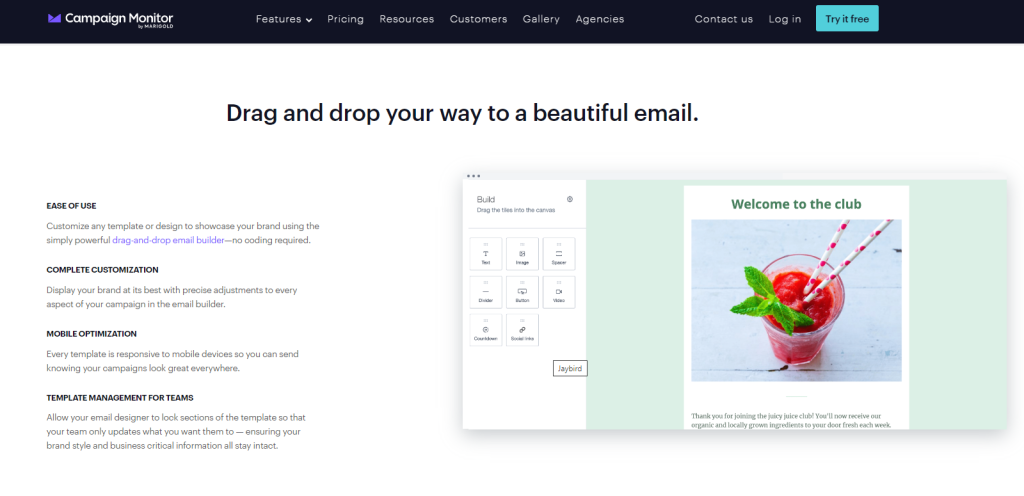
Key Features:
- Drag-and-drop email builder
- Advanced segmentation and personalization
- Detailed reporting and analytics
Rating: 4.1/5
Pros:
- User-friendly design tools
- Strong automation for targeted campaigns
- High-quality customer support
Cons:
- More expensive than some rivals
- Limited third-party integration options
- Features may lack depth for complex campaigns
Pricing: Basic plans start at $9/month
Campaign Monitor offers a straightforward and elegant email marketing solution, known for its beautiful, responsive email designs and user-friendly interface. It’s designed for marketers who prioritize email design and want to create engaging, visually appealing campaigns without needing extensive technical skills.
Campaign Monitor provides a range of customizable templates and a drag-and-drop builder, making it easy to create professional emails.
Its segmentation and personalization features allow for targeted messaging, while its analytics tools enable marketers to track the success of their campaigns in real-time.
Campaign Monitor’s focus on design and user experience, combined with its powerful email marketing features, makes it a favorite among creative professionals and businesses looking to make an impact through their email campaigns.
Verdict: Campaign Monitor is great for those who focus on creating beautiful, responsive email campaigns and require strong support.
Check out Campaign Monitor here!
9. Constant Contact
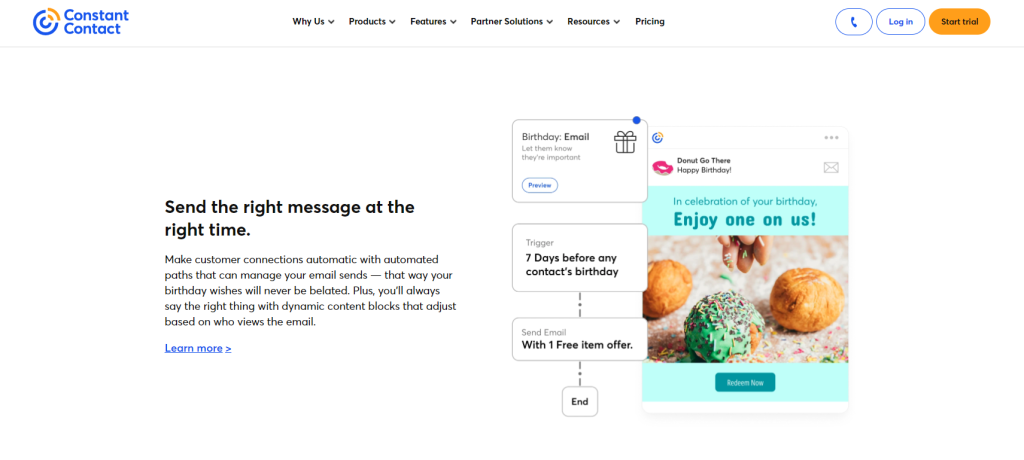
Key Features:
- Extensive template library for email creation
- Contact list management and segmentation
- Reporting and analytics to track campaign success
Rating: 4.2/5
Pros:
- User-friendly email editor
- Strong deliverability rates
- Marketing automation features
Cons:
- Can be pricey for large contact lists
- Limited advanced marketing automation options
- Some templates may require customization for a professional look
Pricing: Starts at $20/month for up to 500 contacts
Constant Contact is one of the longest-standing email marketing services, designed with small businesses in mind. It simplifies email marketing with an intuitive interface, extensive library of email templates, and easy-to-use tools for creating engaging and effective email campaigns.
Constant Contact stands out for its strong deliverability rates, comprehensive reporting, and live support, making it a reliable choice for businesses new to email marketing.
The platform also offers event management tools, social media integrations, and local marketing features, providing small businesses with a range of options to reach their audience.
With its focus on simplicity and customer support, Constant Contact is well-suited for small businesses seeking a straightforward and effective way to connect with their customers through email marketing.
Verdict: Constant Contact is ideal for newcomers to email marketing needing an easy-to-use platform with a strong library of resources.
Check out Constant Contact here!
10. Mailchimp
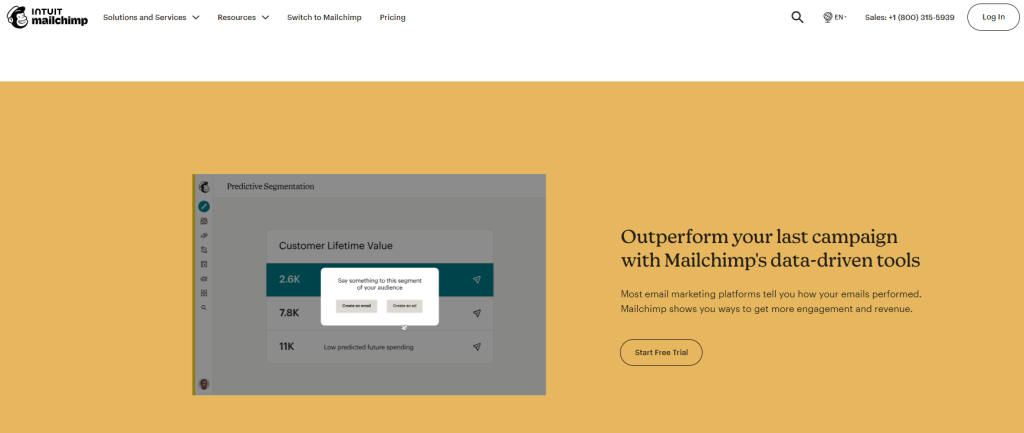
Key Features:
- Wide range of email templates and design tools
- Detailed segmentation and analytics
- Marketing automation capabilities
Rating: 4.3/5
Pros:
- Free tier suitable for small businesses
- User-friendly interface and design experience
- Robust integrations with other tools and services
Cons:
- Advanced features may require higher-tier plans
- Pricing based on the size of the contact list can become costly
- Some users might find the platform too basic for complex campaigns
Pricing: Free plan available; paid plans start at $9.99/month
Mailchimp has evolved from an email marketing service into an all-in-one marketing platform, offering email marketing, automation, CRM features, and more.
It’s known for its user-friendly design, flexible template options, and powerful audience segmentation and personalization capabilities.
Mailchimp’s strength lies in its scalability, making it suitable for businesses of all sizes, from startups to enterprises. The platform offers detailed analytics, A/B testing, and integration with a wide range of apps and services, allowing businesses to tailor their marketing efforts and track their performance effectively.
With its freemium model, Mailchimp provides an accessible entry point for small businesses, while its advanced features cater to the needs of more sophisticated marketers.
Verdict: Mailchimp is a versatile tool that satisfies a range of email marketing needs for businesses of different sizes.
11. ActiveCampaign
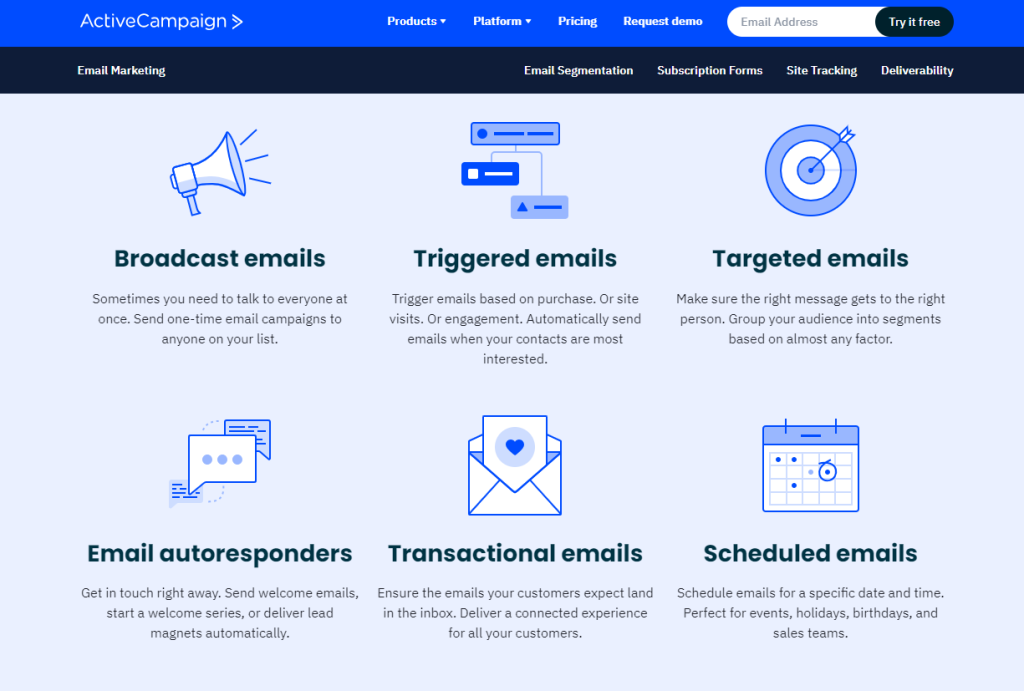
Key Features:
- Comprehensive email marketing automation
- CRM with contact and lead scoring
- Dynamic content for personalized messages
Rating: 4.5/5
Pros:
- Detailed tracking and customer journey automation
- Advanced segmentation and personalization options
- Excellent customer support and training resources
Cons:
- Complexity can be overwhelming for new users
- Some features may be overkill for smaller businesses
- Can become expensive as needs grow
Pricing: Starts at $9/user/month (Lite plan) when billed annually
ActiveCampaign combines CRM, email marketing, and marketing automation, focusing on creating personalized customer experiences across all touchpoints.
It excels in automation, offering one of the most comprehensive and flexible automation builders in the market, enabling businesses to design complex, behavior-driven campaigns.
ActiveCampaign’s CRM features are tightly integrated with its email marketing capabilities, providing a seamless workflow for managing and nurturing leads. Its advanced segmentation, site tracking, and predictive sending features ensure that messages are highly relevant and timely.
ActiveCampaign is best suited for businesses looking to leverage automation to engage customers more effectively and drive conversions.
Verdict: ActiveCampaign is a top choice for businesses serious about combining marketing automation with CRM capabilities.
Check out ActiveCampaign here!
12. Zoho CRM
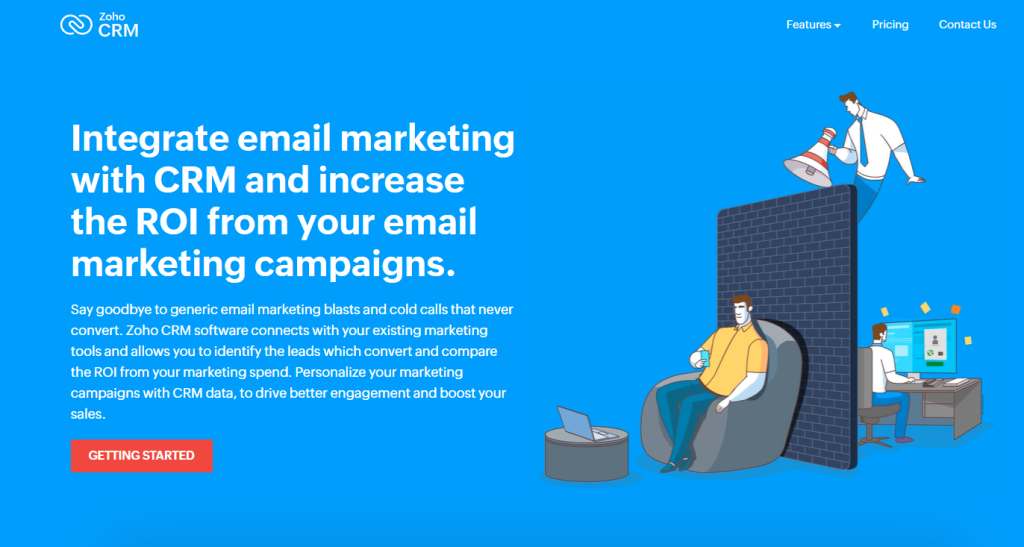
Key Features:
- Robust contact and lead management
- Sales pipeline visualization and management
- Zoho Campaigns for email marketing within the CRM
Rating: 4/5
Pros:
- Affordable pricing with a free tier for basic needs
- Good range of features for sales and marketing
- Integration with the wider Zoho ecosystem
Cons:
- Can be complex with a steeper learning curve
- Some integrations may need additional configuration
- Reports and dashboards could be more customizable
Pricing: Free for up to 3 users; paid plans start at $14/user/month billed annually
Zoho CRM is part of the extensive Zoho suite of business applications, offering a comprehensive CRM solution with strong email marketing capabilities. It’s designed to cater to businesses of all sizes, providing tools for sales automation, lead and contact management, and campaign management.
Zoho CRM’s integration with Zoho Campaigns and other Zoho apps allows for seamless multi-channel marketing efforts and data synchronization.
The platform offers AI-powered insights, advanced analytics, and customization options, enabling businesses to tailor the CRM to their specific processes and needs.
Zoho CRM’s affordability and flexibility make it an attractive option for businesses seeking a robust CRM solution with integrated email marketing functionalities.
Verdict: Zoho CRM is well-suited for small to mid-sized businesses seeking a CRM with in-built email marketing functionality.
13. Salesforce Sales Cloud
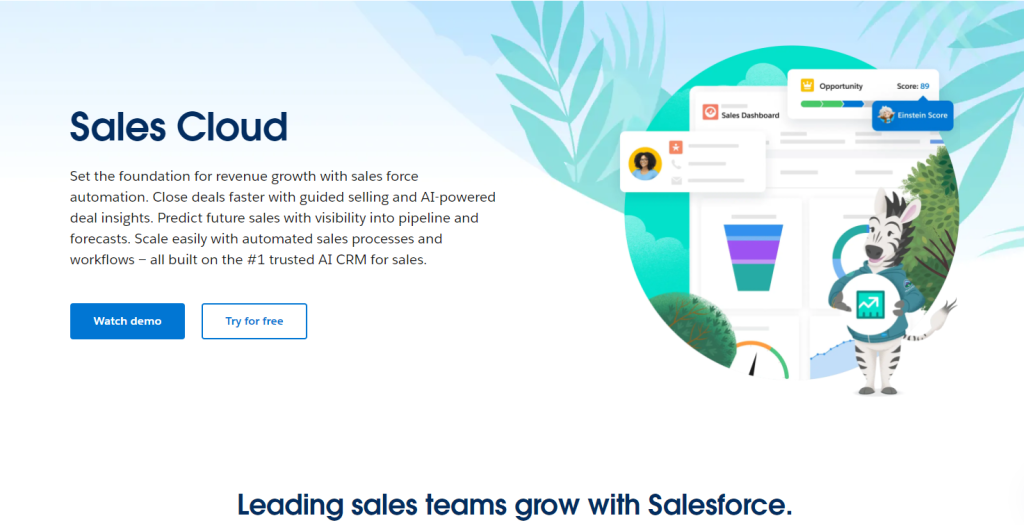
Key Features:
- Comprehensive CRM with lead and sales management
- Pardot for marketing automation
- Advanced analytics and reporting features
Rating: 4.4/5
Pros:
- Extensive customization and scalability
- Broad set of integrations and add-ons
- Powerful data analysis and forecasting tools
Cons:
- More focused on sales than out-of-the-box marketing capabilities
- Can be expensive
- Steep learning curve for full utilization of the platform
Pricing: Starts at $25/user/month billed annually
Salesforce Sales Cloud is a powerful CRM platform that offers advanced email marketing integration through Salesforce Marketing Cloud. It provides businesses with a comprehensive suite of tools for managing customer relationships, sales processes, and marketing campaigns.
Salesforce’s strength lies in its customization capabilities, extensive ecosystem of apps, and advanced analytics, making it suitable for businesses of all sizes and industries.
The platform’s ability to create personalized customer journeys, automate marketing tasks, and track performance in real-time allows businesses to optimize their marketing efforts and drive growth.
Salesforce Sales Cloud is best suited for organizations looking for a scalable, customizable CRM solution with the ability to integrate deeply with their email marketing strategies.
Verdict: Salesforce Sales Cloud is a dominant CRM tool for larger organizations that desire sales-focused features with marketing capabilities through Pardot.
Check out Salesforce Sales Cloud here!
14. HubSpot CRM
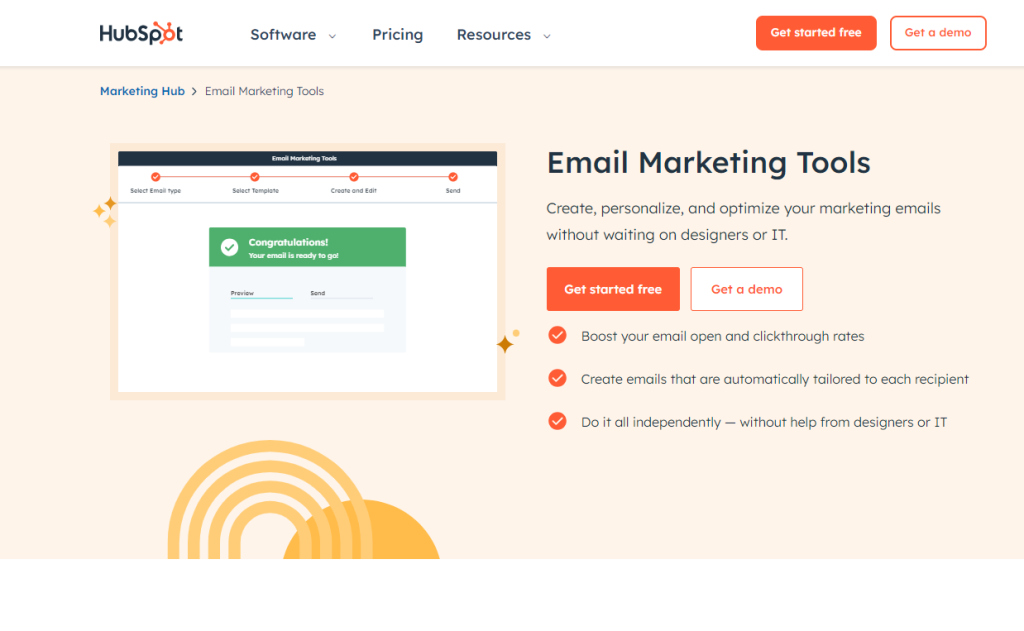
Key Features:
- Free CRM with email marketing integration
- Marketing Hub for full inbound marketing suite
- Easy to use with drag-and-drop functionality
Rating: 4.6/5
Pros:
- Generous free tier with essential features
- Intuitive interface and ease of use
- Comprehensive integrations and marketing tools
Cons:
- Costs can escalate with add-ons and as needs grow
- Custom reporting available only at higher tiers
- Some powerful features locked behind higher subscription levels
Pricing: Free CRM; Marketing Hub starts at $45/month billed annually
HubSpot CRM is an all-in-one CRM and email marketing platform that offers a wide range of tools for lead generation, marketing automation, sales management, and customer service. It’s designed to provide businesses with everything they need to attract, engage, and delight customers throughout their journey.
HubSpot’s email marketing tools are integrated within its free CRM, allowing businesses to create personalized, automated email campaigns based on detailed customer data.
The platform’s ease of use, combined with its comprehensive inbound marketing features and scalable pricing model, makes it suitable for businesses of all sizes looking to grow their customer base and strengthen relationships.
HubSpot CRM stands out for its extensive educational resources and supportive community, making it a popular choice for businesses committed to implementing inbound marketing strategies effectively.
Verdict: HubSpot CRM is an all-in-one favorite for its ease of use and broad feature set, serving as a valuable resource for inbound marketing and customer engagement.
FAQs
Which free CRMs integrate seamlessly with email marketing tools?
While there are numerous CRM options available, monday.com offers a free tier that integrates with email marketing tools, providing a solid foundation for businesses to manage and automate their email campaigns.
How do CRM and email marketing synergize to benefit small businesses?
CRMs and email marketing synergize by centralizing customer data and interactions that enable small businesses to personalize their marketing efforts, leading to improved customer experiences and increased engagement.
Are there any email sender software that offer strong CRM functionalities?
ClickUp is an example of software that not only specializes in task management but also includes powerful CRM features tailored for email marketing teams, streamlining campaign management within one platform.



